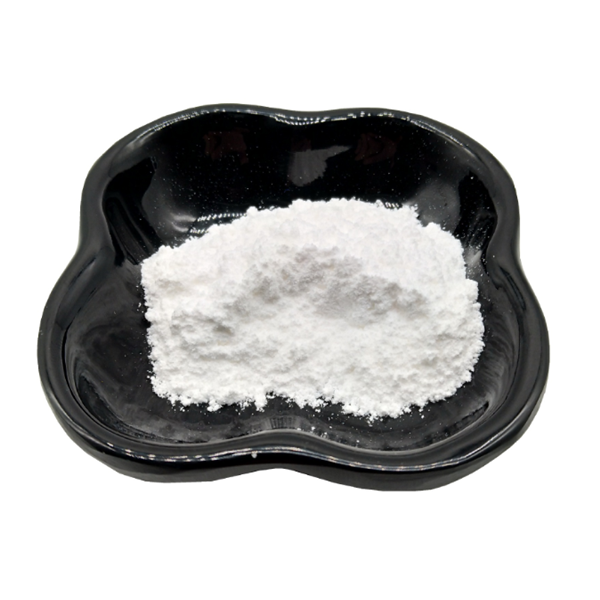Proteinase K is a widely used serine protease. In 1974, Wolfgang Ebeling et al. used precipitation, ion-exchange chromatography, and aggregation chromatography to separate and purify proteinase K from the culture medium of Candida albicans. Because of its high specific activity, it is a key reagent for DNA extraction. Proteinase K can digest natural keratin, so it is named Proteinase K.
Proteinase K is one of the most important reagents for nucleic acid detection. In nucleic acid extraction and detection, DNA is usually entangled on chromosomes formed by histones and other non-histone proteins and is difficult to release. Proteinase K can degrade histones that are tightly bound to nucleic acids, and separate DNA from proteins, so that DNA can be better purified. In addition, proteinase K can degrade RNA hydrolase activity (Rnase) and inhibit Rnase from hydrolyzing template RNA. Play an indispensable role in the extraction and detection process.
At present, the new crown epidemic is still raging around the world. As an important component of nucleic acid detection kits for the pretreatment of test samples, the market demand is huge. For the new coronavirus, the processing, extraction, and amplification of the nucleic acid amplification test is a high risk for proteinase K. Therefore, it is necessary to inactivate the virus in the specimen before amplification. Generally, the virus sampling solution that comes with the new coronavirus nucleic acid kit is used to inactivate the virus. Live virus. Proteinase K is an important component of the virus sampling solution. The virus sampling solution has two functions. On the one hand, the function is to directly lyse the virus to release the nucleic acid and eliminate the nucleic acid decomposing enzyme to prevent virus RNA degradation. On the other hand, the function is to inactivate the virus, denature the virus protein, lose its activity and “dead”, no longer be infectious, and improve the safety of transportation and testing. Therefore, proteinase K, as an important component of nucleic acid extraction kits, is of great significance in the detection of new crowns.
The application of proteinase K in in situ hybridization: proteinase K is usually used to digest the protein surrounding the target DNA to facilitate the penetration of the detection probe and improve the sensitivity of detection. However, the concentration of proteinase K and the digestion time will affect the hybridization effect. If the concentration is too high or the digestion time is too long, the cell structure will be destroyed, and the nucleus will disappear and peel off, which will affect the binding of nucleic acid
Application of proteinase K in the extraction of non-protein components: proteinase K can degrade protein impurities, better separate target components and proteins from biological samples, improve product purity and production efficiency, and especially degrade endotoxins And other harmful protein ingredients to improve product safety.
In addition, proteinase K has been widely used in leather, fur, silk, medicine, food, and brewing. The dehairing and softening of the leather industry has made extensive use of protease, which saves time and improves labor hygiene. Protease can also be used for silk degumming, meat tenderization and wine clarification. Clinically, it can be used for medicinal purposes, such as pepsin to treat indigestion, acid protease to treat bronchitis, elastase to treat vasculitis, trypsin and chymotrypsin to purify surgical purulent wounds and interpleural serous membrane Treatment of adhesions. Enzymatic washing powder is a new product in detergents, containing alkaline protease, which can remove blood stains and protein stains on clothes, but be careful not to touch the skin when using it, so as not to damage the protein on the skin surface, causing rashes, eczema and other allergies .
Post time: Jan-27-2021

